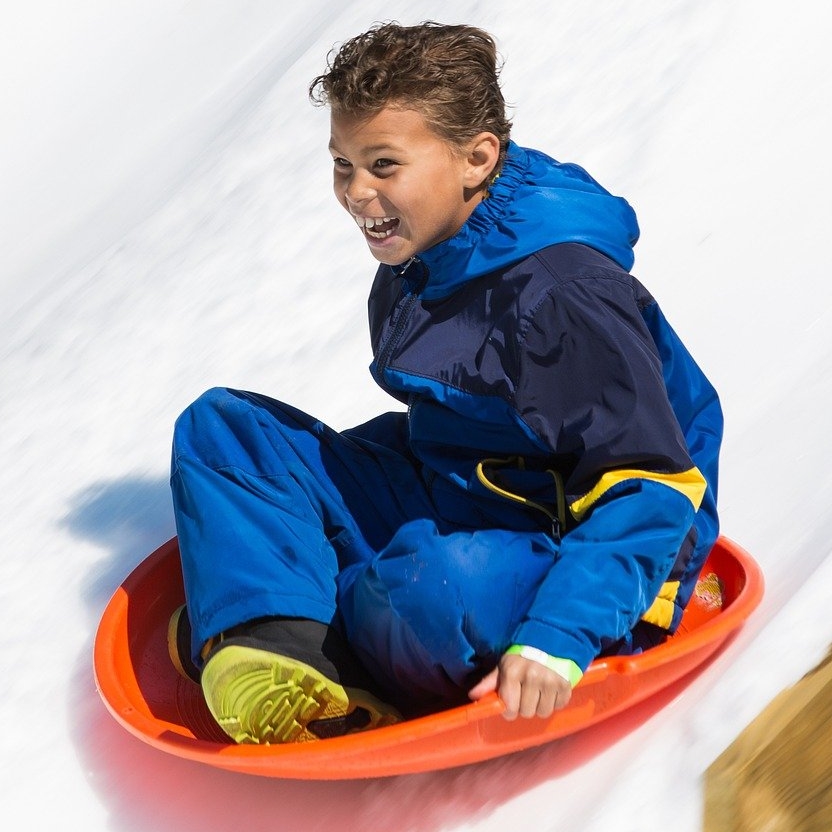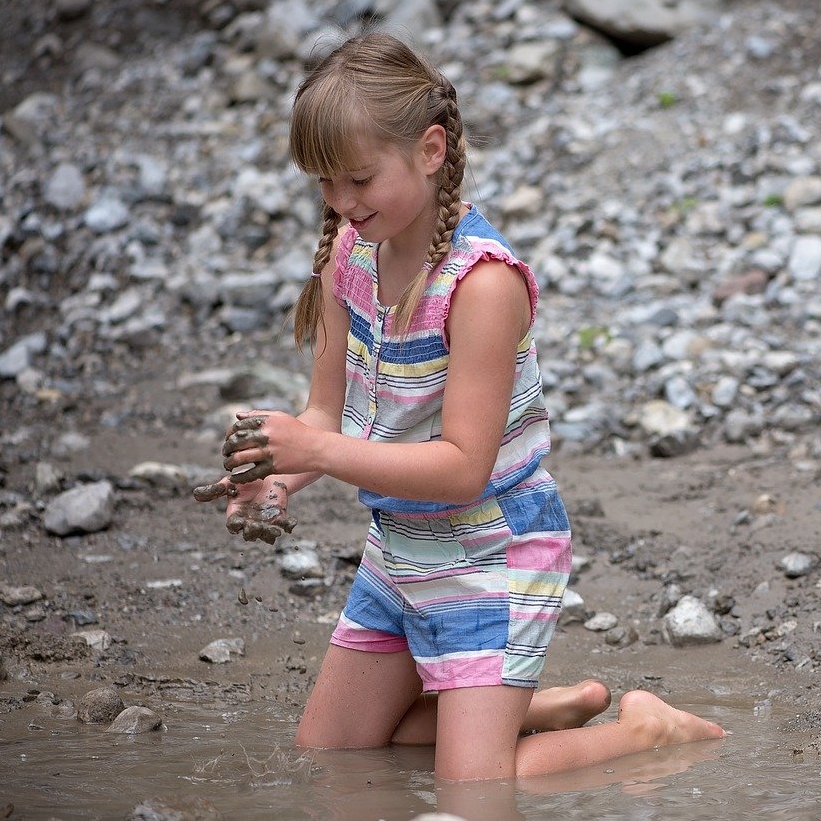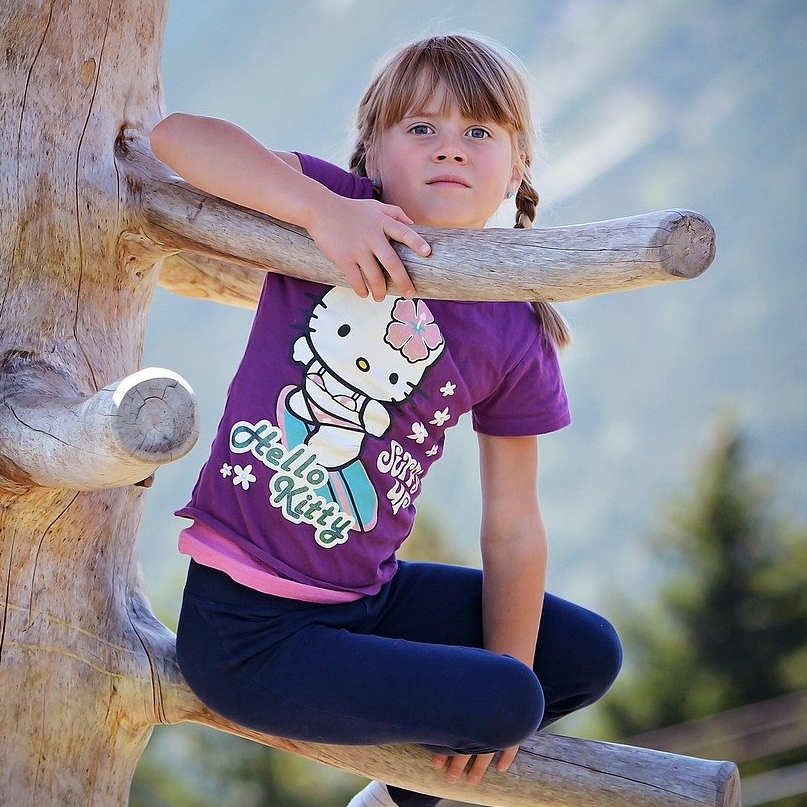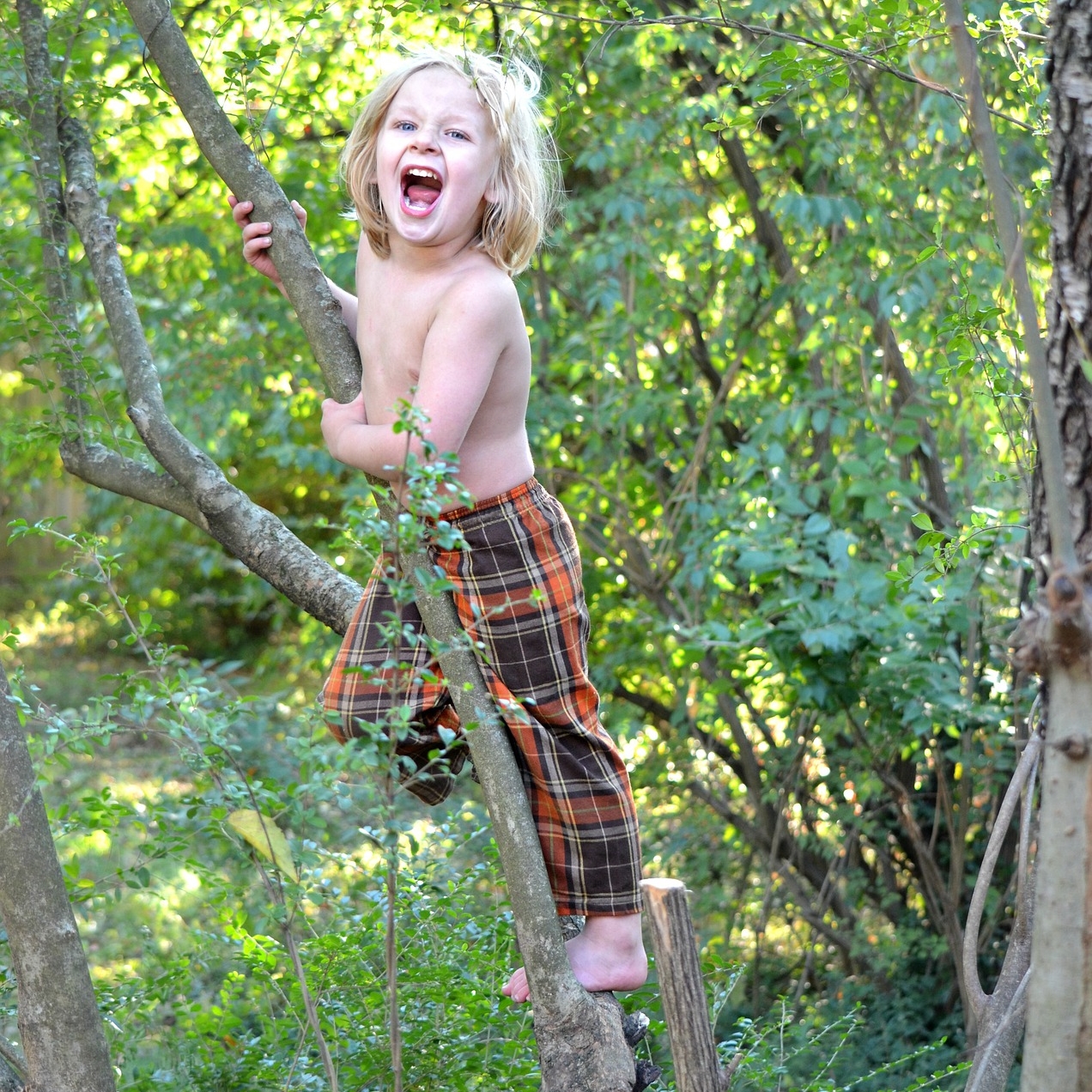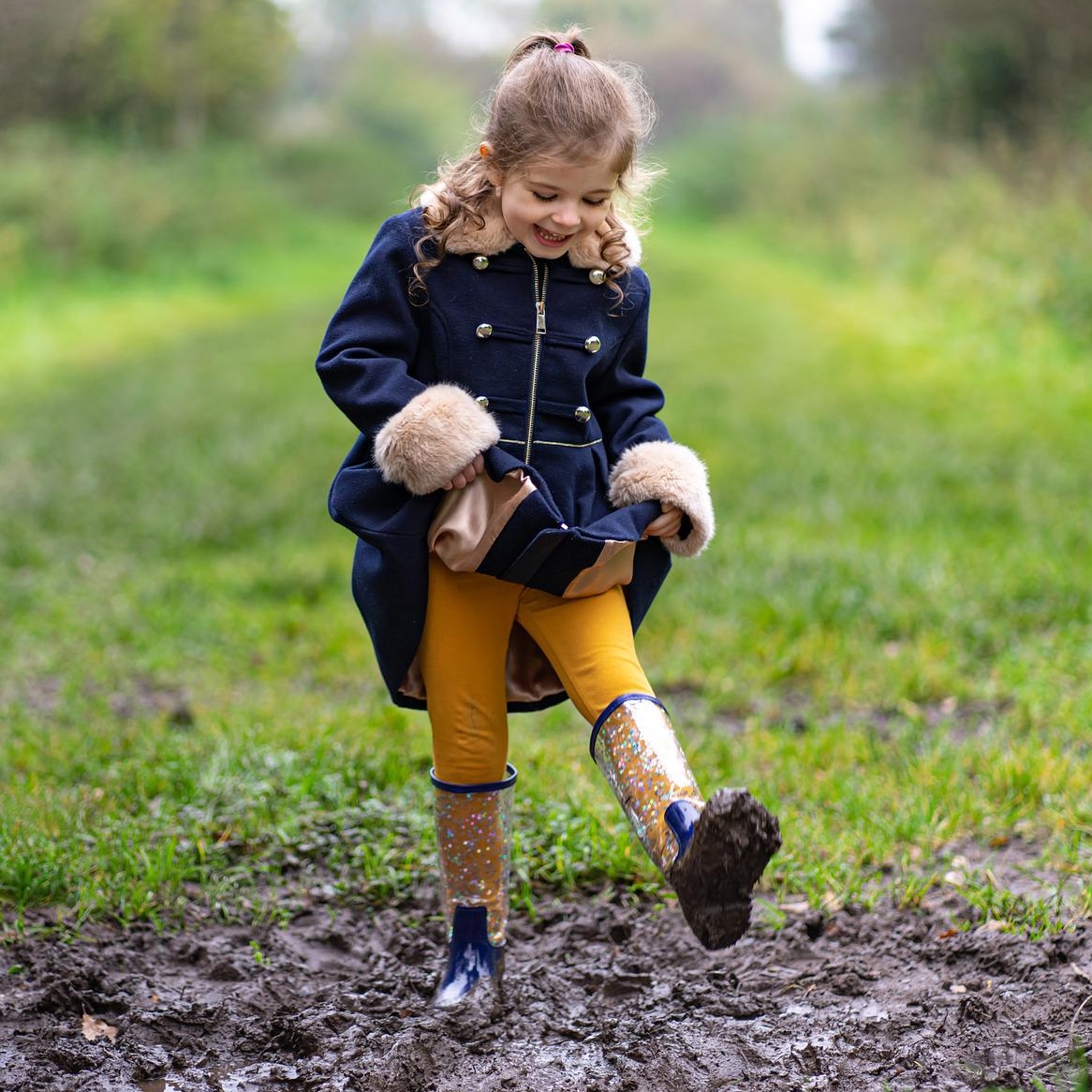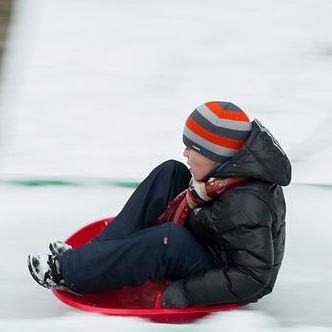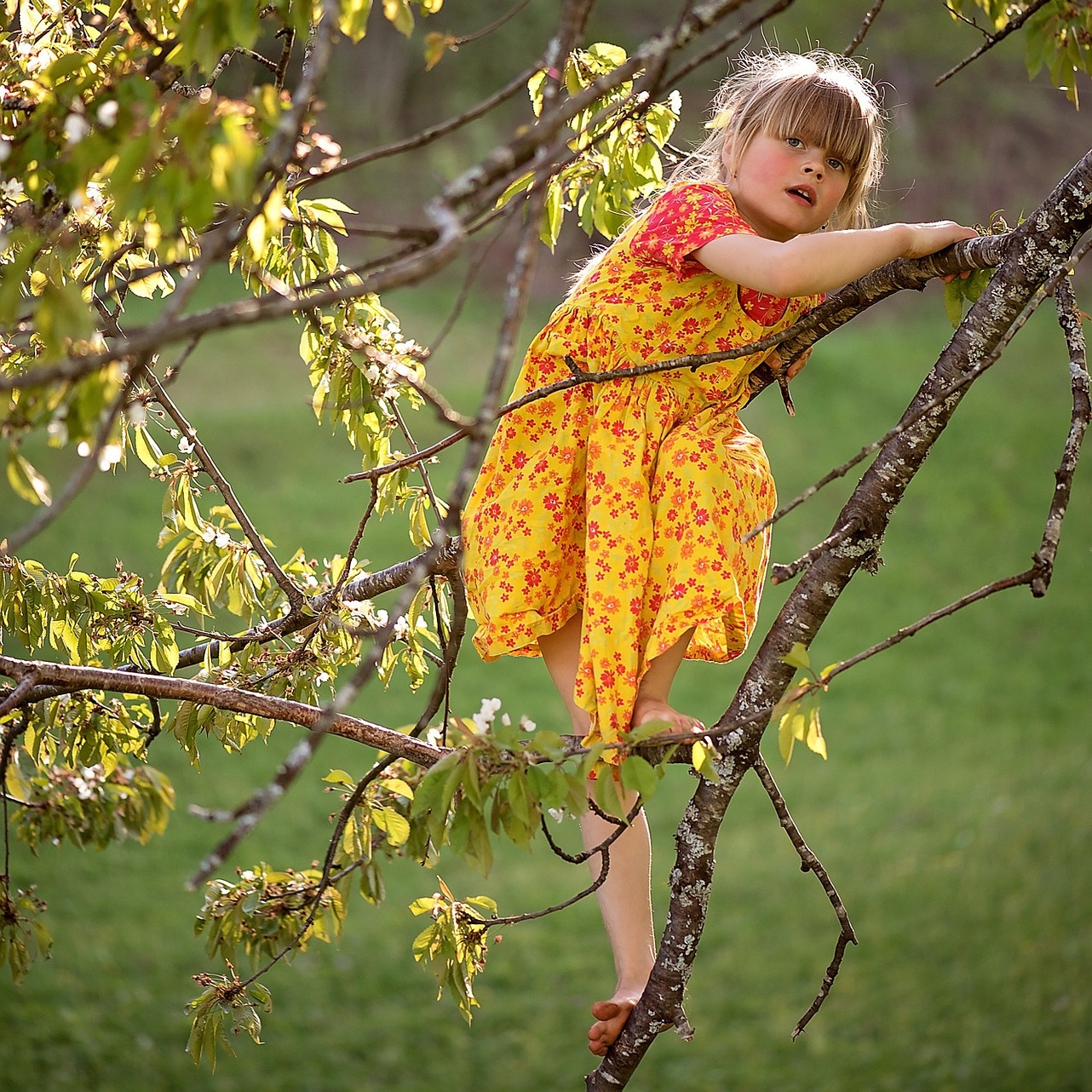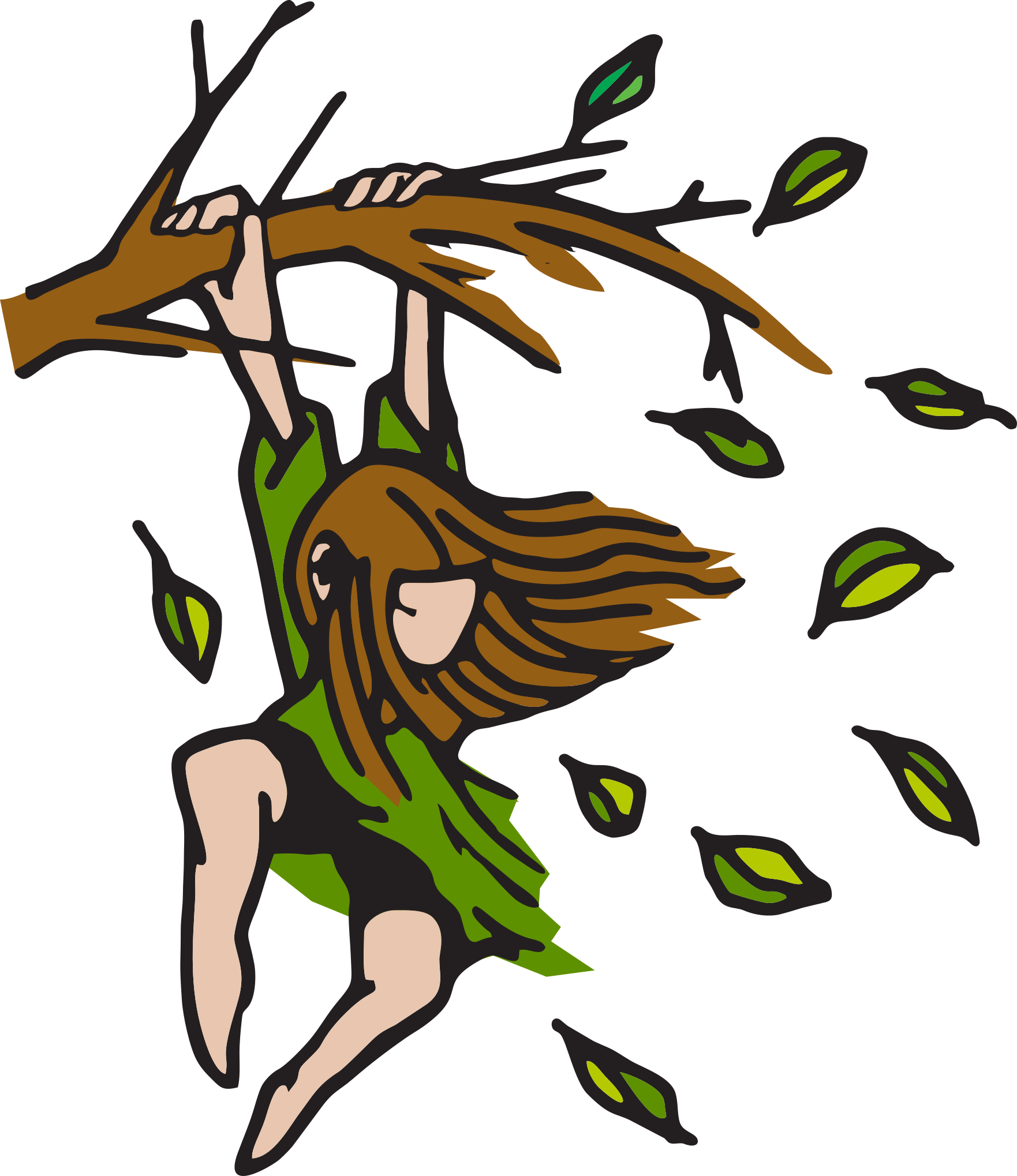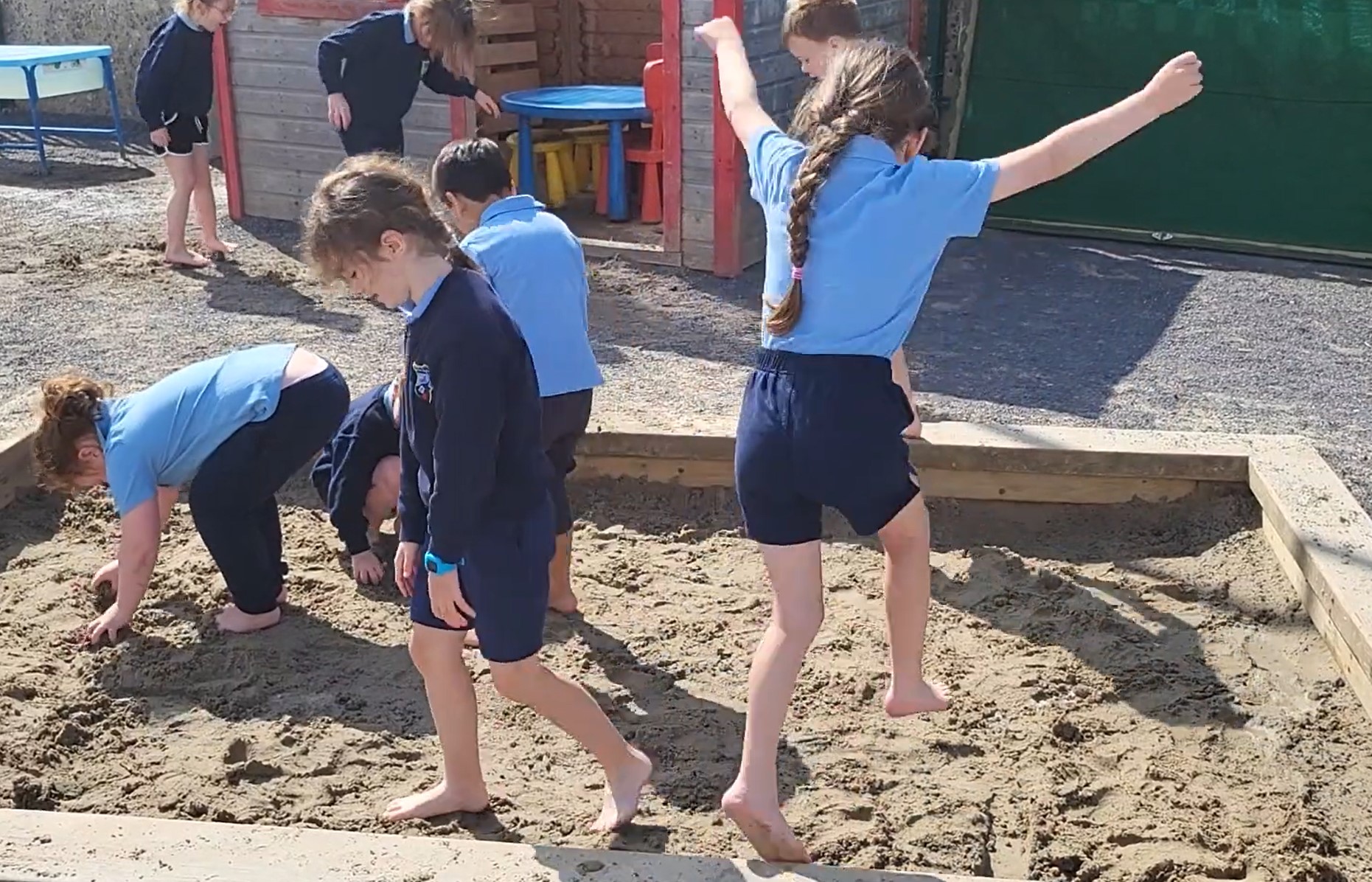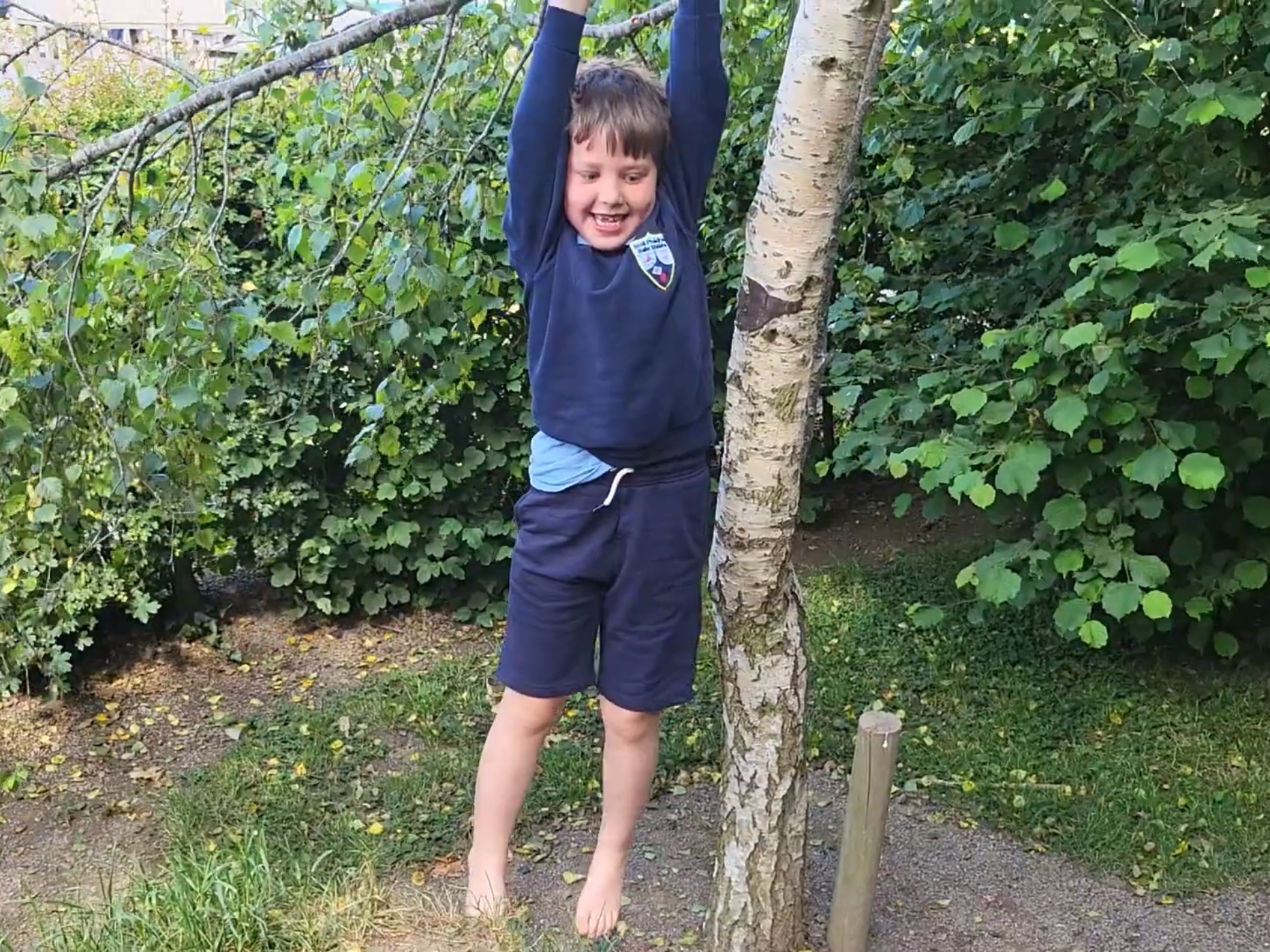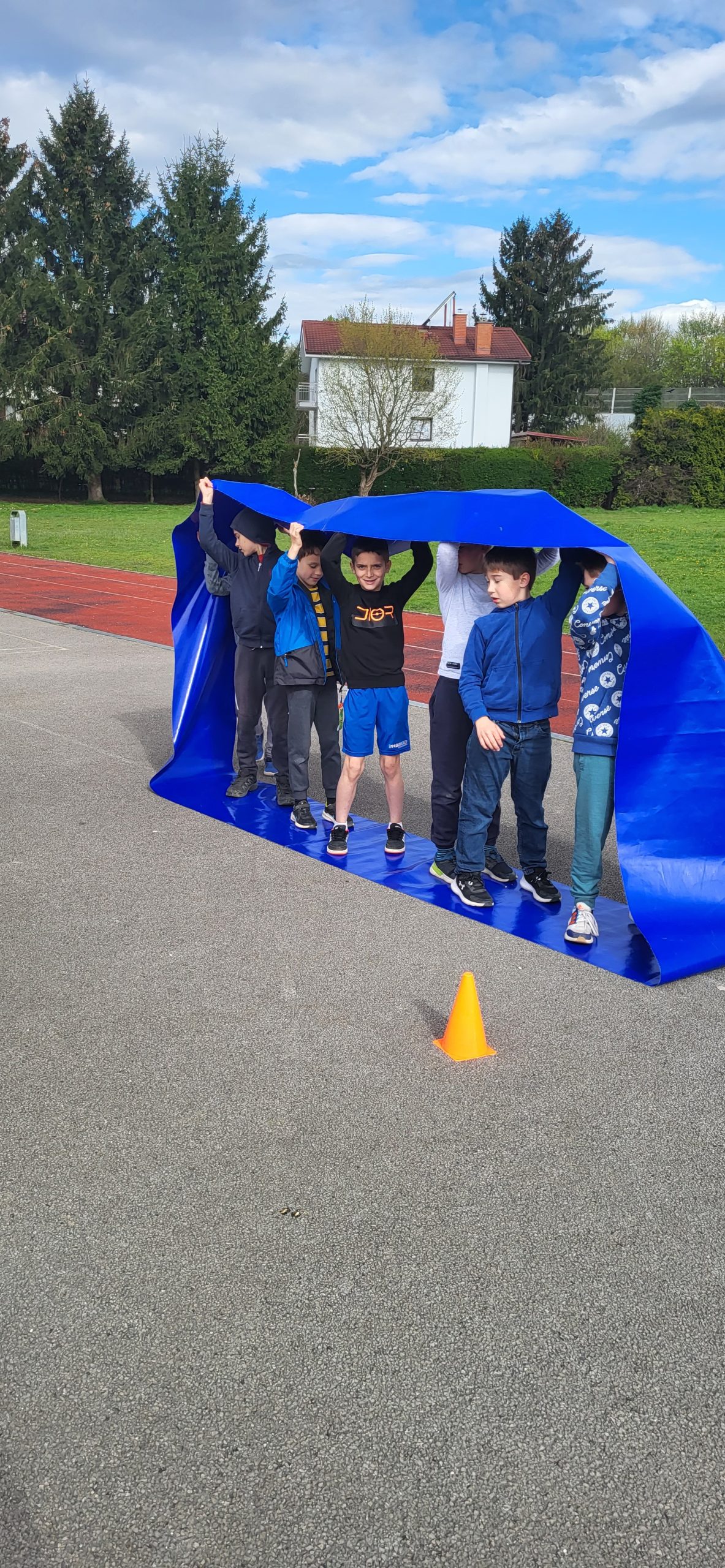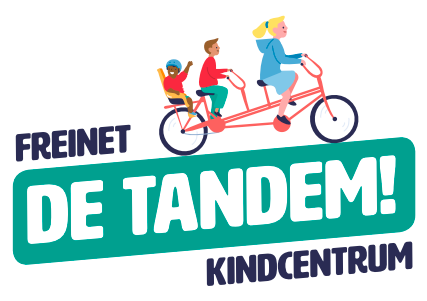Welcome to the APOLE project, where the focus is on Adventurous Play & Outdoor Learning in primary education.
Step outside the classroom and into a world where learning comes alive!
At the APOLE project, we believe that adventurous play and outdoor exploration ignite children’s natural curiosity, creativity, confidence and eagerness to learn.
Imagine a space where every child thrives through hands-on discovery, where real-life experiences complement passive worksheets, and learning becomes an exciting adventure.
Enjoy the resources on our website, and if you have any questions please contact us.
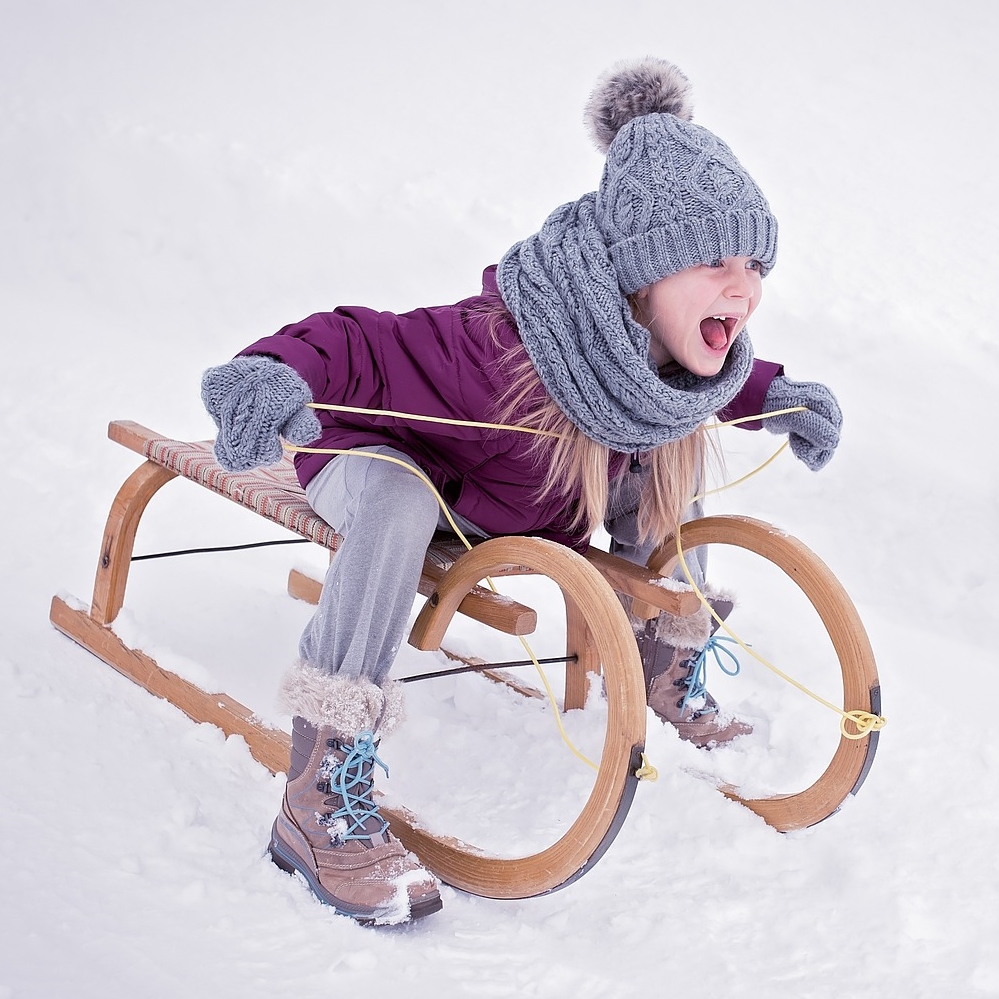
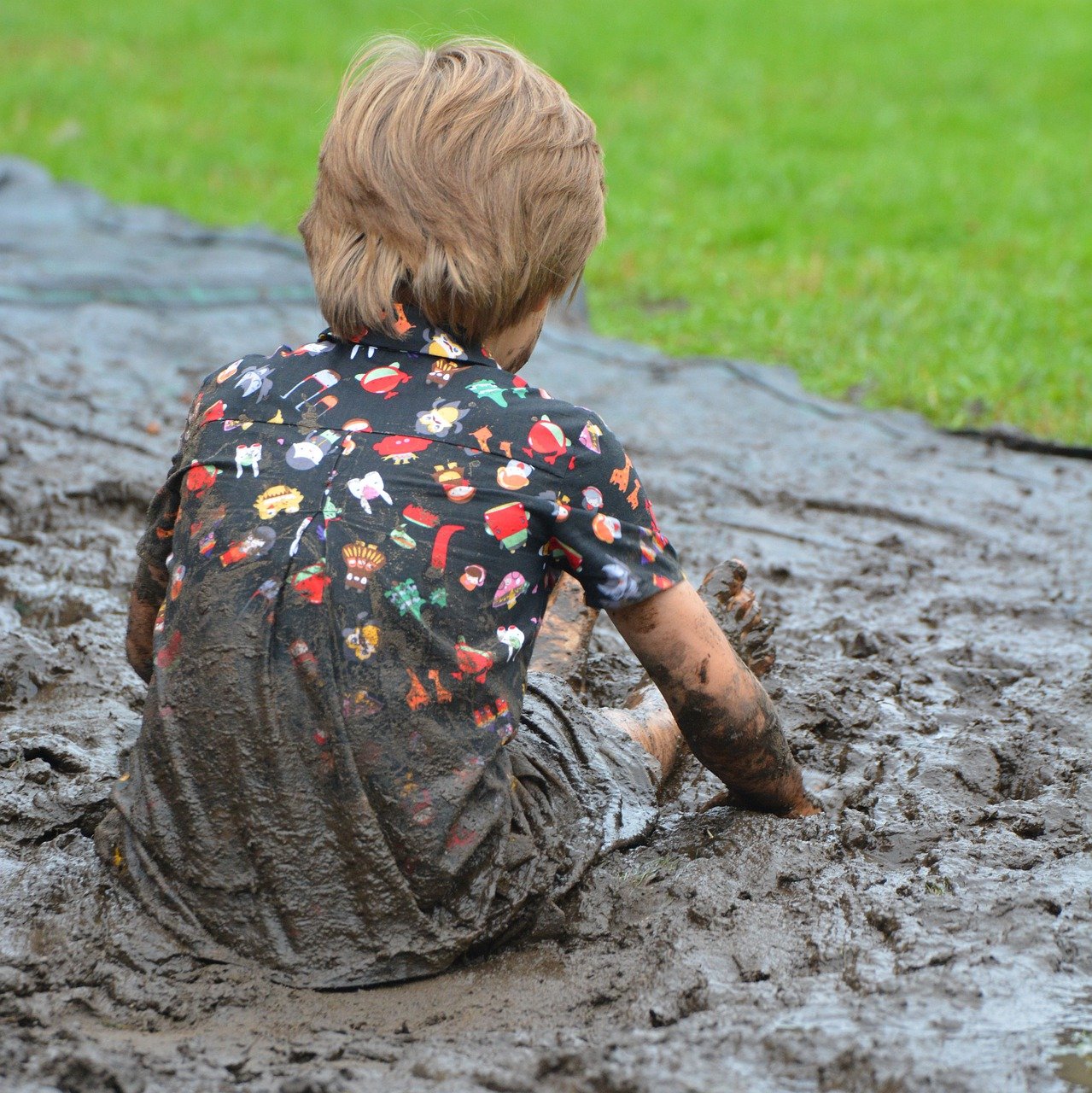
About APOLE project
One of APOLE’s priorities is to enhance the learning capacities and wellbeing of primary school children.
Children learn best through ‘active learning’ which involves all senses, not just listening and reading.
Once children reach primary school, they move into a system where passive listening and worksheets are the norm. This traditional teaching style works for some children, but it leaves behind many others who absorb knowledge and skills in a different manner.
Project APOLE team members
Adventurous or risky play refers to play that involves thrilling, exciting, physically challenging activities like climbing, jumping, balancing, or rough and tumble play, as well as hiding or using tools, etc. These activities provide a sense of fun, exhilaration, opportunities for challenge, testing limits and exploring boundaries.
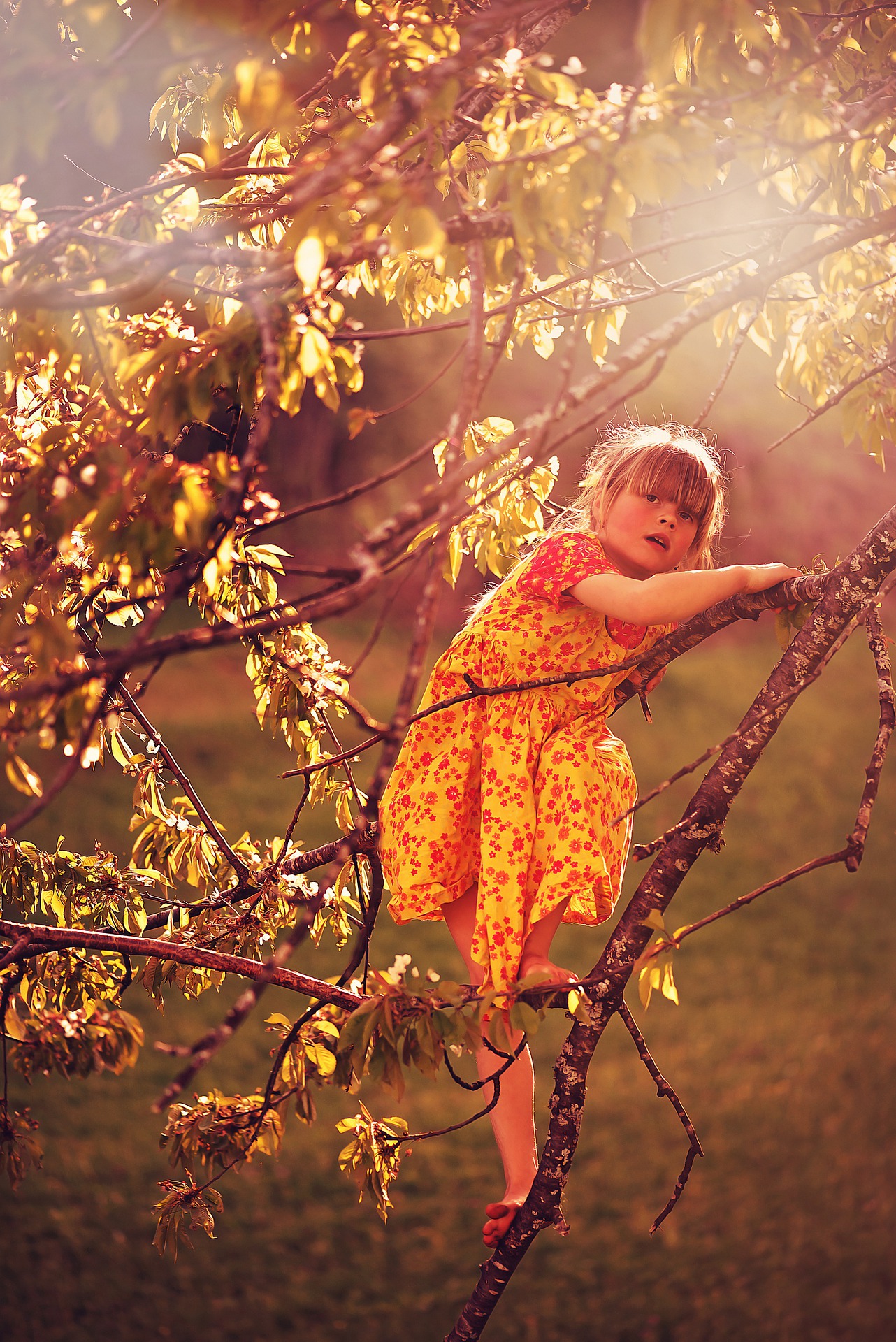
The APOLE project aims at promoting and integrating the practice of outdoor learning through weekly risky or adventurous play activities in primary schools.
Main objectives
Developing materials for teachers to aid their professional development and incorporate outdoor learning and risky play as part of their professional toolkit.
Developing and improving pedagogical competences of primary school teachers, teaching assistants and other staff (such as caregivers) in outdoor learning and risky or adventurous play.
Identifying the key competencies for outdoor learning and (unstructured) risky play that students of teacher training (and other relevant curricula) need to acquire; and integrating the developed materials into the core curricula at universities.
Enhancing the well-being of primary school children (including children with different learning abilities and barriers to learning, etc.) through supporting independent exploration and risky play in the outdoor environment which allow for active (experiential) learning as a way of engaging children.
